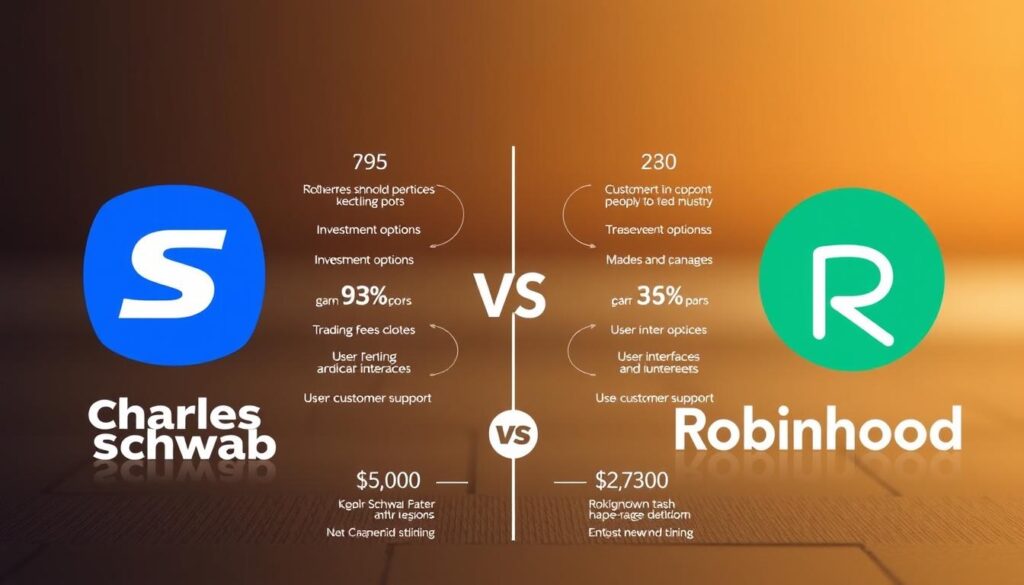Many homeowners receive a monthly water and sewer bill that feels unnecessarily high and difficult to manage and often wonder how to reduce sewer bill. This issue often stems from unnoticed water usage habits and outdated appliances that waste gallons of water per day. According to utility companies, households with leaks or standard shower heads can pay significantly higher sewer charges. Furthermore, inefficient fixtures and long showers contribute to hefty sewer bills and wasted water annually.
However, you can reduce your sewer bill without compromising daily comfort or performance. By implementing water-efficient practices and using energy-efficient appliances, you can still maintain convenience and hygiene. Installing low-flow fixtures, checking for leaks, and using full loads in your washing machine can significantly reduce water usage.
This complete guide will show effective ways to lower your sewer bill while keeping your routines easy and uninterrupted. Learn practical tips to conserve water and save money without reducing your lifestyle.
Understanding Your Sewer Bill
Your sewer bill is typically calculated based on your monthly water usage measured in gallons. Most utility companies assume that the water you use indoors flows into the sewer system, thus impacting your water and sewer bill. Consequently, the more gallons of water per day your household consumes, the higher your sewer charges may be.
Standard shower heads, long showers, and outdated appliances all contribute to wasted water, which significantly affects your monthly utility expenses. Similarly, a hidden leak from faulty faucet gaskets and pipe fittings can result in thousands of gallons of water per year being lost, raising both your water bill and sewer bill.
Utility companies seldom differentiate between outdoor water usage (e.g., sprinkler systems) and indoor usage, so watering your lawn could unexpectedly increase your sewer charges. Therefore, learning to use less water is essential to reduce your sewer bill while maintaining household comfort.
Tips to reduce your sewer bill
1. Check for leaks:
Leaks can significantly increase your monthly water and sewer bill without you even noticing it. Therefore, regularly check faucet gaskets and pipe fittings for signs of moisture or slow drips. Even a small leak can waste gallons of water per day and raise utility bills over time. Additionally, inspecting your plumbing service and checking your water meter can identify hidden leaks. A minor leak in a toilet or fixture can cause hefty monthly sewer bills. Fixing a leak early will help you reduce your bill and lower your household’s water consumption quickly and effectively.
2. Change your shower habits:
Long showers contribute heavily to higher sewer charges and water usage in your home. Switching to shorter showers can significantly reduce your water and sewer bill. Standard shower heads use up to 2.5 gallons of water per minute, which quickly adds up. Therefore, limiting your shower time to under ten minutes can save eight gallons of water per shower. Furthermore, taking showers back-to-back minimizes the need to reheat water, thus conserving energy. A household’s water flow improves when everyone participates in mindful usage. Consequently, altering daily routines plays a crucial role in water conservation.
3. Don’t leave your faucet running:
Turning off the faucet while brushing your teeth can save gallons of water per year. Many homeowners leave faucets running unnecessarily, which leads to wasted water and higher sewer bills. Instead, only use water when actively rinsing or washing. This simple practice, although small, significantly reduces the amount of water you use each day. Also, consider checking faucet aerators to ensure proper water flow and efficiency. When left unchecked, small habits like these can lead to excessive utility bill charges. Accordingly, mindful water use is an easy yet impactful way to conserve water and save money.
4. Wait until you have a full load:
Running your washing machine or dishwasher with a full load helps you use less water efficiently. Instead of doing partial loads frequently, wait until you can wash a full load to conserve water. Energy Star appliances are designed to handle larger loads while using less water and electricity. Hence, they help you reduce your water and sewer charges simultaneously. Additionally, modern machines have water-efficient settings that make every cycle more cost-effective. Whenever possible, wash during off-peak hours if your utility company offers lower rates then. This strategy benefits both your monthly utility bill and the environment.
5. Use energy-efficient appliances:
Installing energy-efficient appliances, such as dishwashers and washing machines, lowers both your water and sewer bills. These appliances are engineered to minimize water consumption without compromising performance. Notably, appliances labeled Energy Star consume less water and electricity than their older counterparts. Furthermore, they prevent wasted water during each cycle, which directly impacts your sewer system output. Utility companies often offer rebates for upgrading to such appliances, making the investment worthwhile. Using energy-efficient appliances concurrently reduces your energy bills and overall environmental impact. Consequently, updating old appliances proves to be a practical step for homeowners aiming to save.
6. Use low-flow fixtures:
Low-flow fixtures significantly reduce water usage and lower your sewer bill without sacrificing functionality. Installing low-flow faucets, showerheads, and toilets allows less water to flow while maintaining pressure. Surprisingly, standard fixtures waste more water than needed for everyday activities like showering or flushing. Conversely, low-flow alternatives use around 2.5 gallons of water or less per minute, resulting in substantial savings. Likewise, newer models are designed to maintain comfort and efficiency concurrently. Before purchasing, ensure products meet water-efficient certification standards. Overall, this upgrade is an easy and effective way to manage household water consumption more responsibly.
7. Manage Outdoor Water Usage Thoughtfully:
Outdoor water usage, particularly for lawns, pools, and gardens, can lead to increased sewer charges if not carefully monitored. Using a water-efficient sprinkler system ensures that only necessary amounts of water are applied to plants. Additionally, schedule watering early in the morning or late evening to prevent evaporation loss. Another way to reduce sewer output is by installing timers and rain sensors on your sprinkler system. Moreover, regularly inspect your hoses and outdoor faucets to check for leaks. Thoughtful water usage on the outside of your home helps you conserve water and avoid inflated monthly utility costs.
8. Monitor and Maintain Your Sewer System:
Regularly inspecting your sewer system helps prevent costly issues that could raise your monthly water bill. A blocked or damaged pipe can cause backups, resulting in both water waste and expensive repairs. Consequently, schedule routine plumbing service to ensure everything is functioning correctly. Additionally, avoid flushing items that can clog pipes, such as wipes or paper towels. Proper sewer maintenance helps reduce sewer costs and prolongs system lifespan. Furthermore, keeping track of your water meter can help detect abnormal usage patterns. Being proactive about sewer maintenance allows you to control utility expenses effectively and responsibly.
What If I Don’t Pay My Sewer Bill?
Failing to pay your sewer bill can result in serious consequences that affect both your finances and services. Eventually, utility companies may impose late fees, increasing your total monthly utility charges substantially. Additionally, unpaid sewer bills can lead to service disconnection, leaving your home without proper waste removal. This situation poses health hazards and complicates daily living conditions for any homeowner. Moreover, overdue payments might be reported to credit bureaus, negatively impacting your credit score over time.
Consequently, ignoring your water and sewer bill can result in legal action or property liens in extreme cases. Some municipalities even transfer the unpaid balance to property tax bills, thus creating further financial strain. Hence, to avoid higher sewer charges and legal trouble, it’s advisable to address any outstanding balances straightaway. Altogether, consistent payment ensures reliable services and avoids long-term complications that significantly reduce your financial and personal stability.
Conclusion
You don’t have to change your lifestyle drastically to reduce your water and sewer bill effectively. Small adjustments like fixing a leak, using shorter showers, and switching to low-flow fixtures help immensely. Moreover, applying practical water conservation methods can lower your sewer charges without reducing comfort at home. Managing both indoor and outdoor water usage smartly keeps your monthly utility costs stable and predictable.
Every homeowner deserves cost savings without compromising their daily convenience or sanitation needs. What’s one change you’ve made that helped lower your sewer bill the most?
FAQs
1. What causes a sewer bill to go up?
Using more water at home usually leads to a higher sewer bill from your utility company.
2. Can small changes at home help lower my sewer bill?
Yes, even simple steps like using less water or turning off the tap can make a difference.
3. Do older appliances affect my bill?
Yes, older appliances tend to use more water, which can lead to higher monthly bills.
4. Will fixing a leak really help?
Absolutely. A small leak can waste a lot of water and increase your sewer and water charges.
5. How can I use less water without losing comfort?
Use water-efficient products, take shorter showers, and avoid leaving taps running unnecessarily.
6. Should I worry about how much water I use outside?
Yes, watering your lawn or garden can still affect your overall water and sewer charges.






